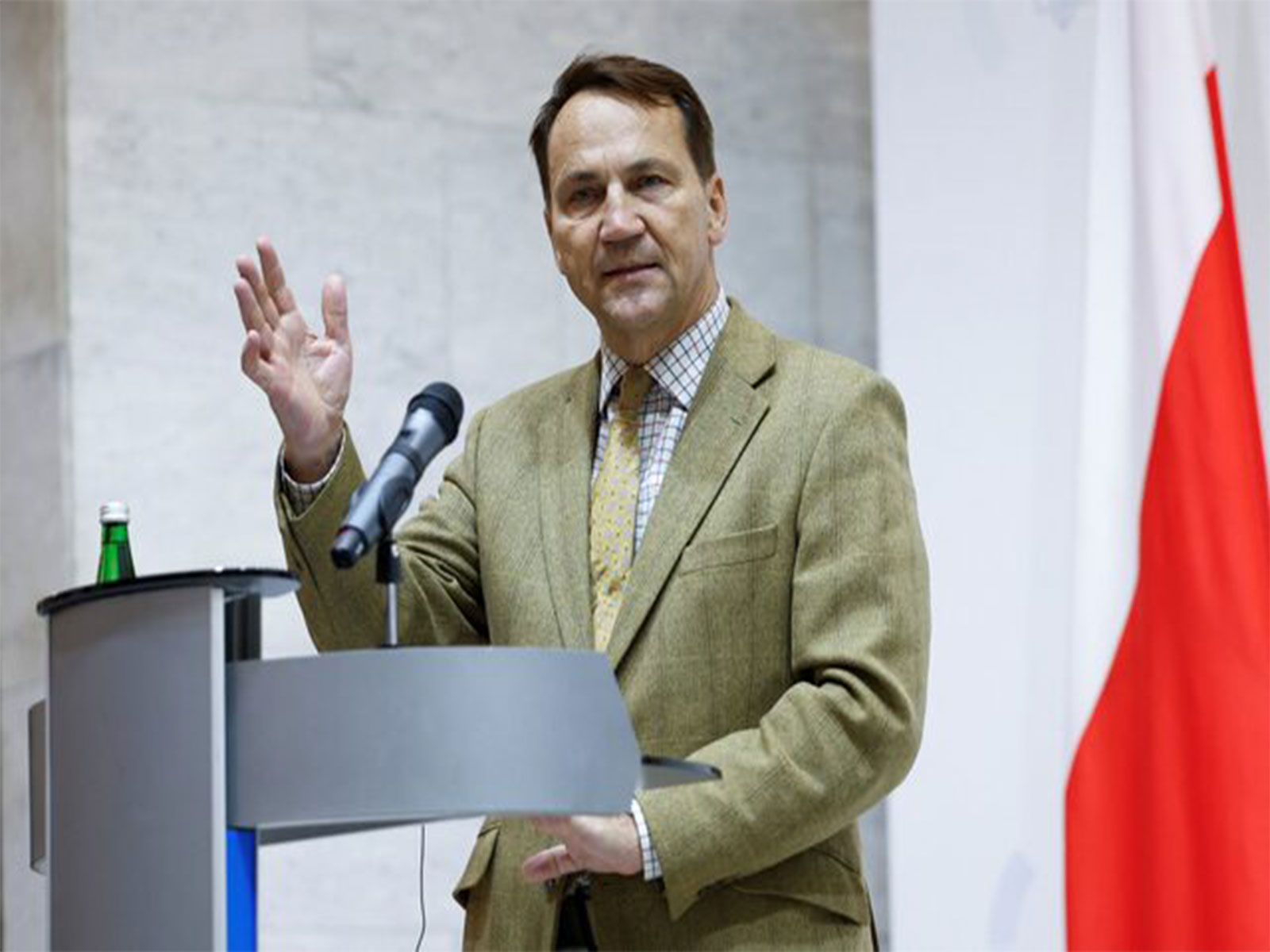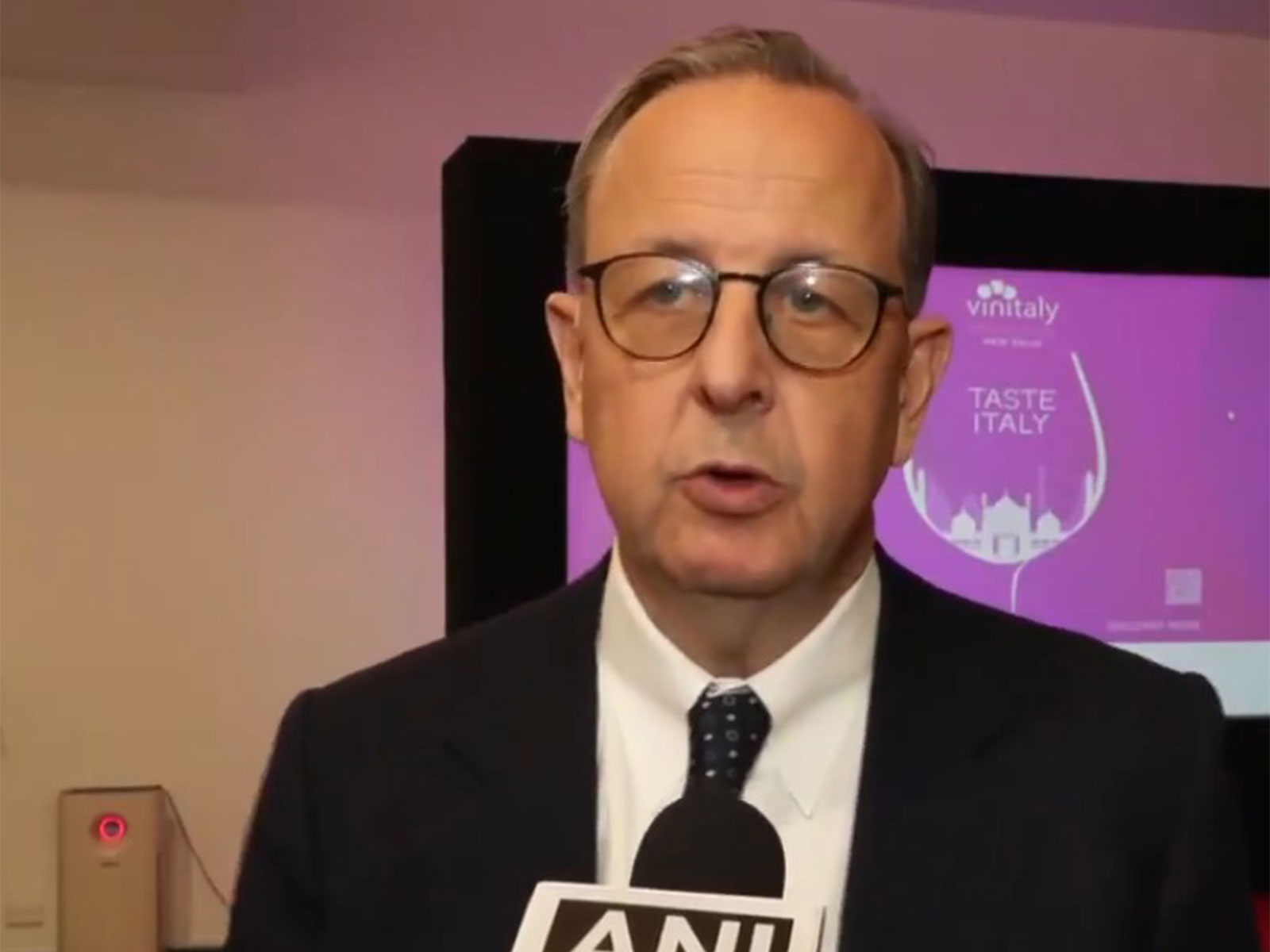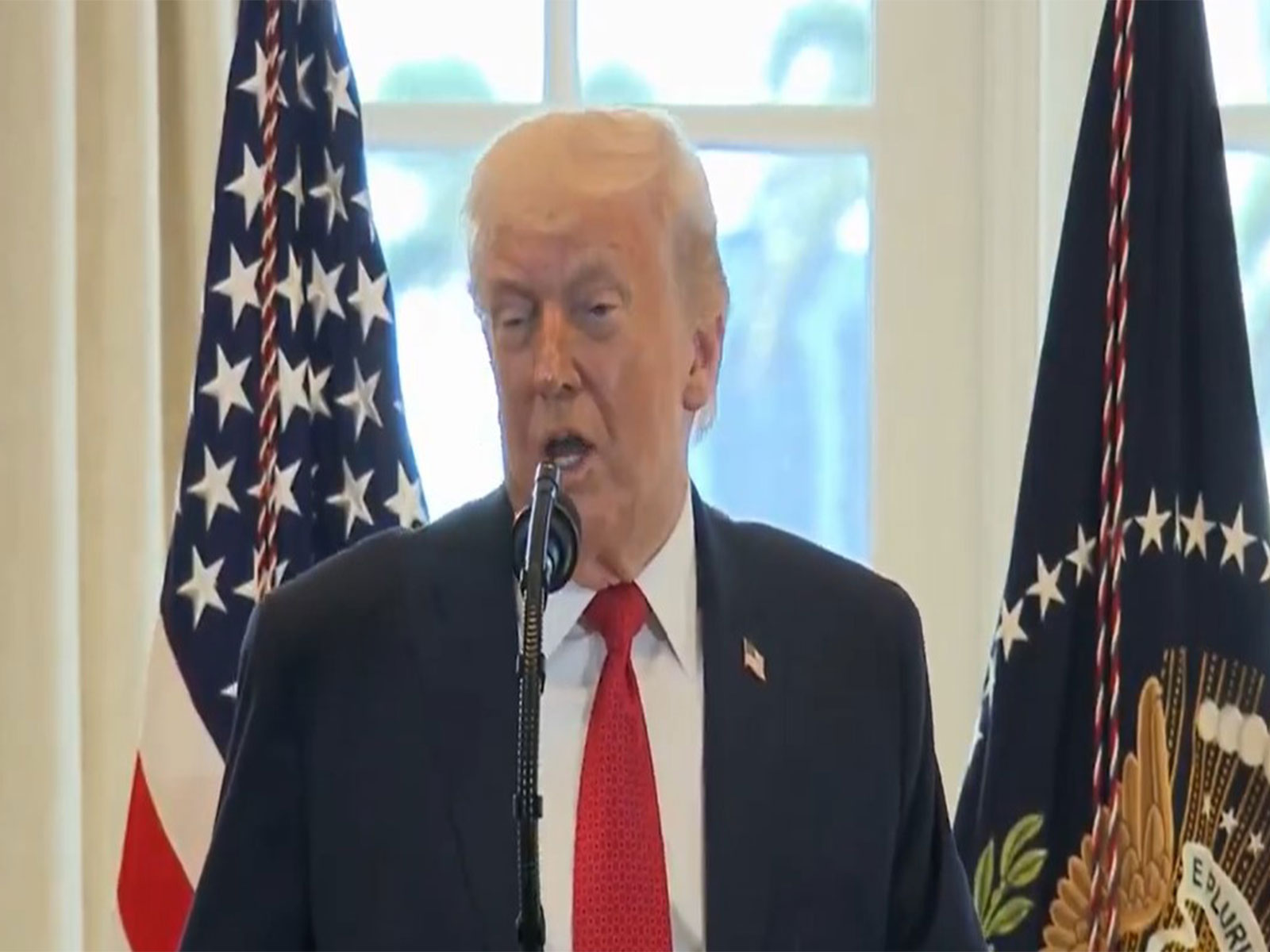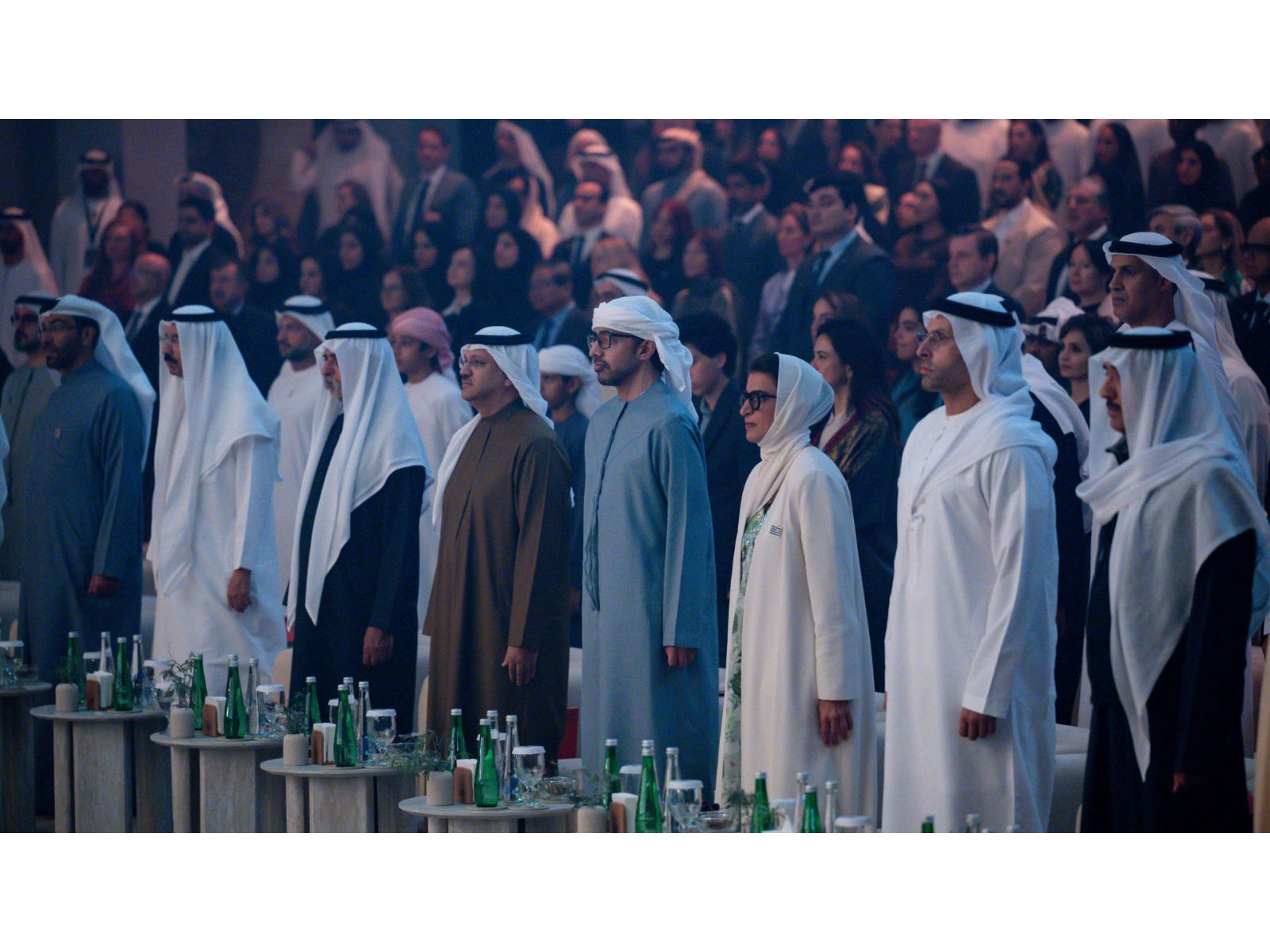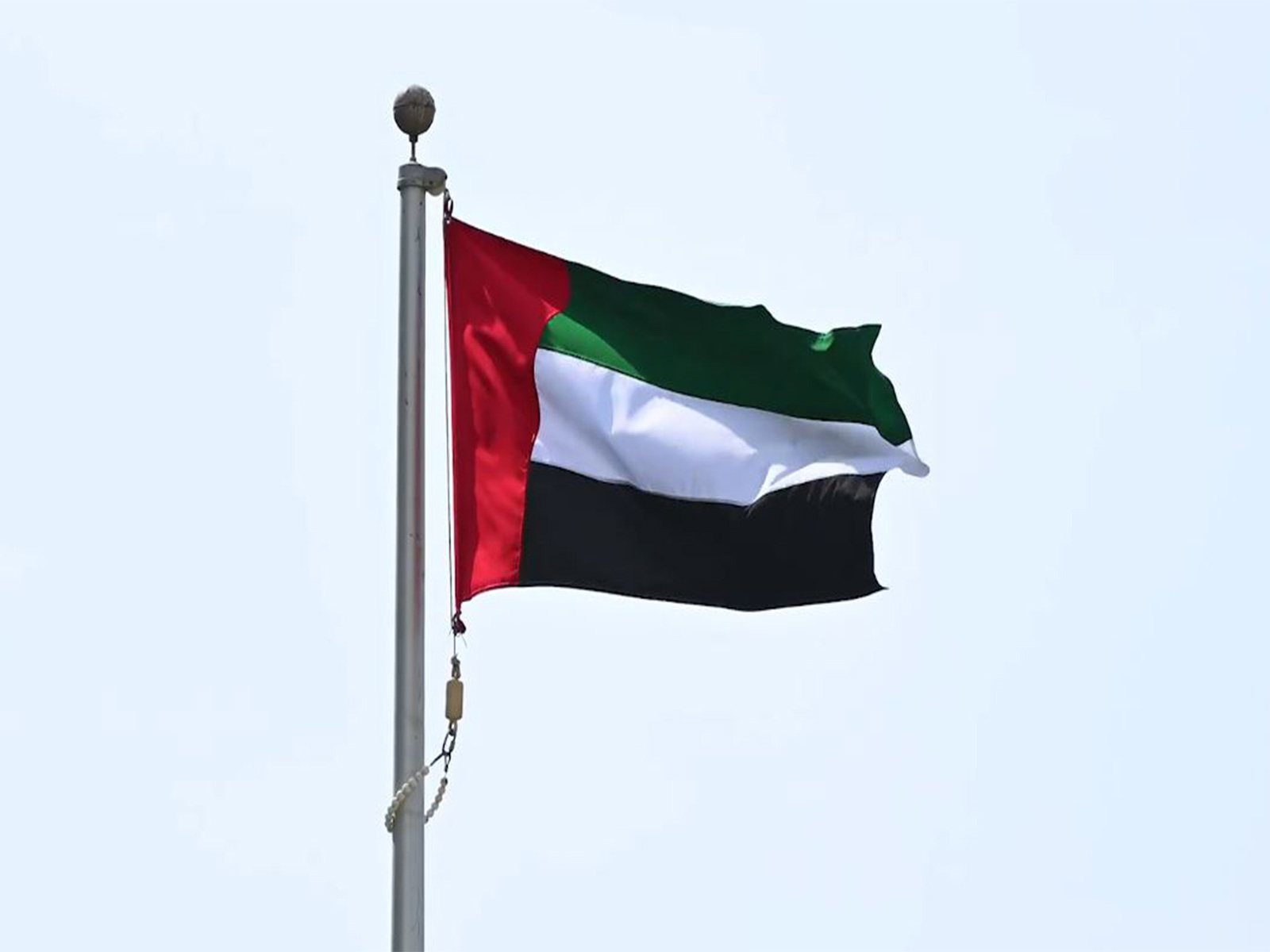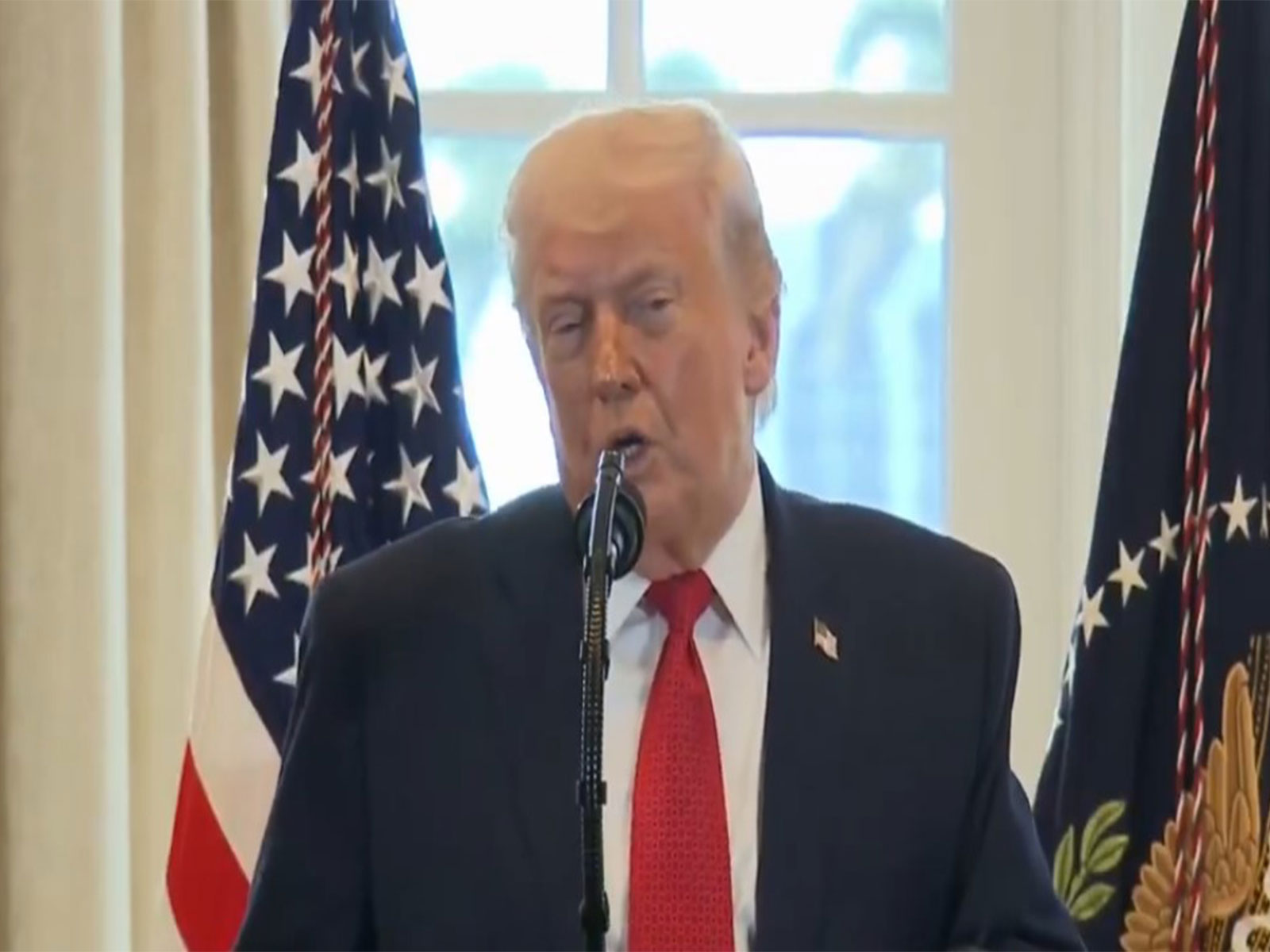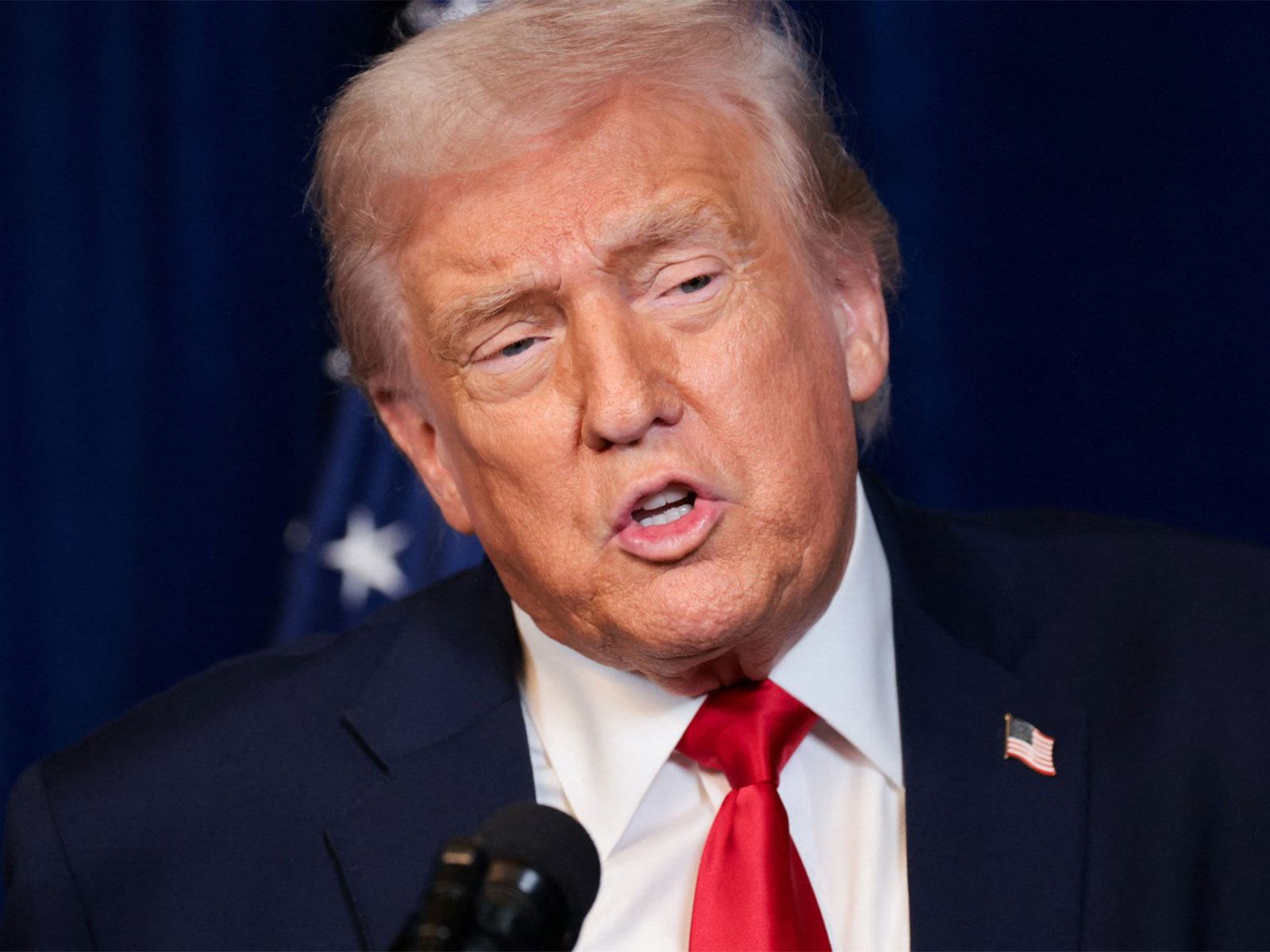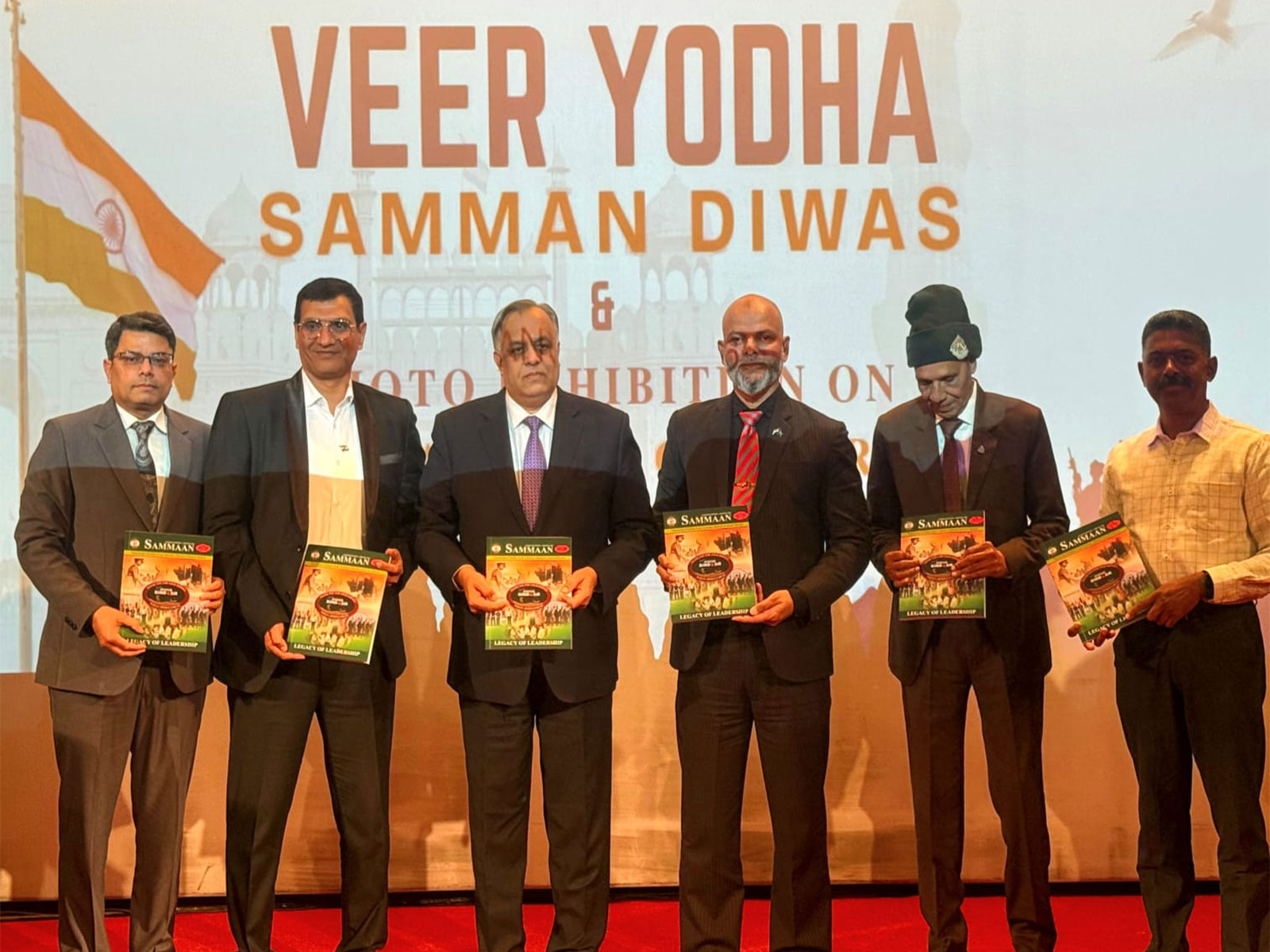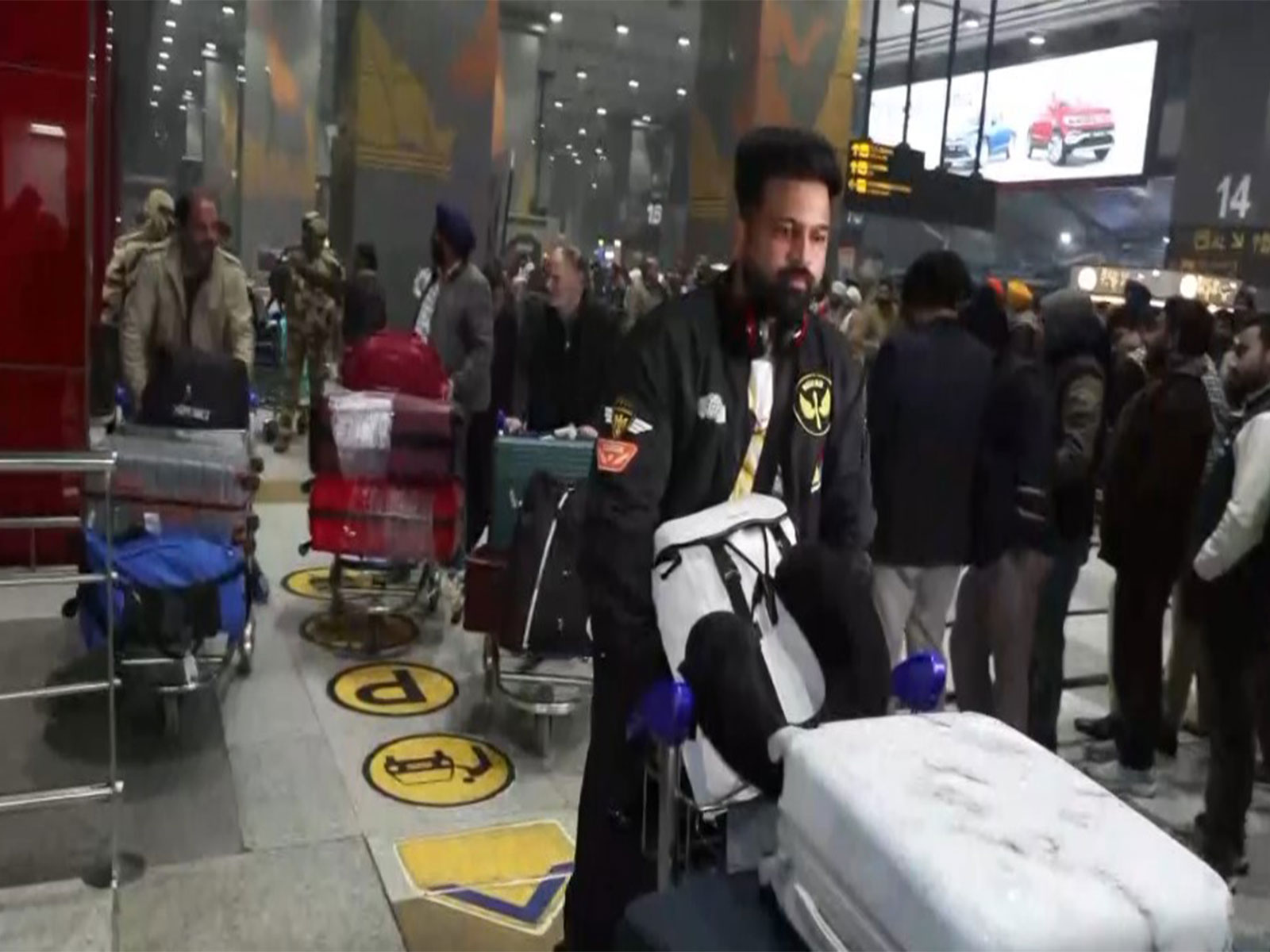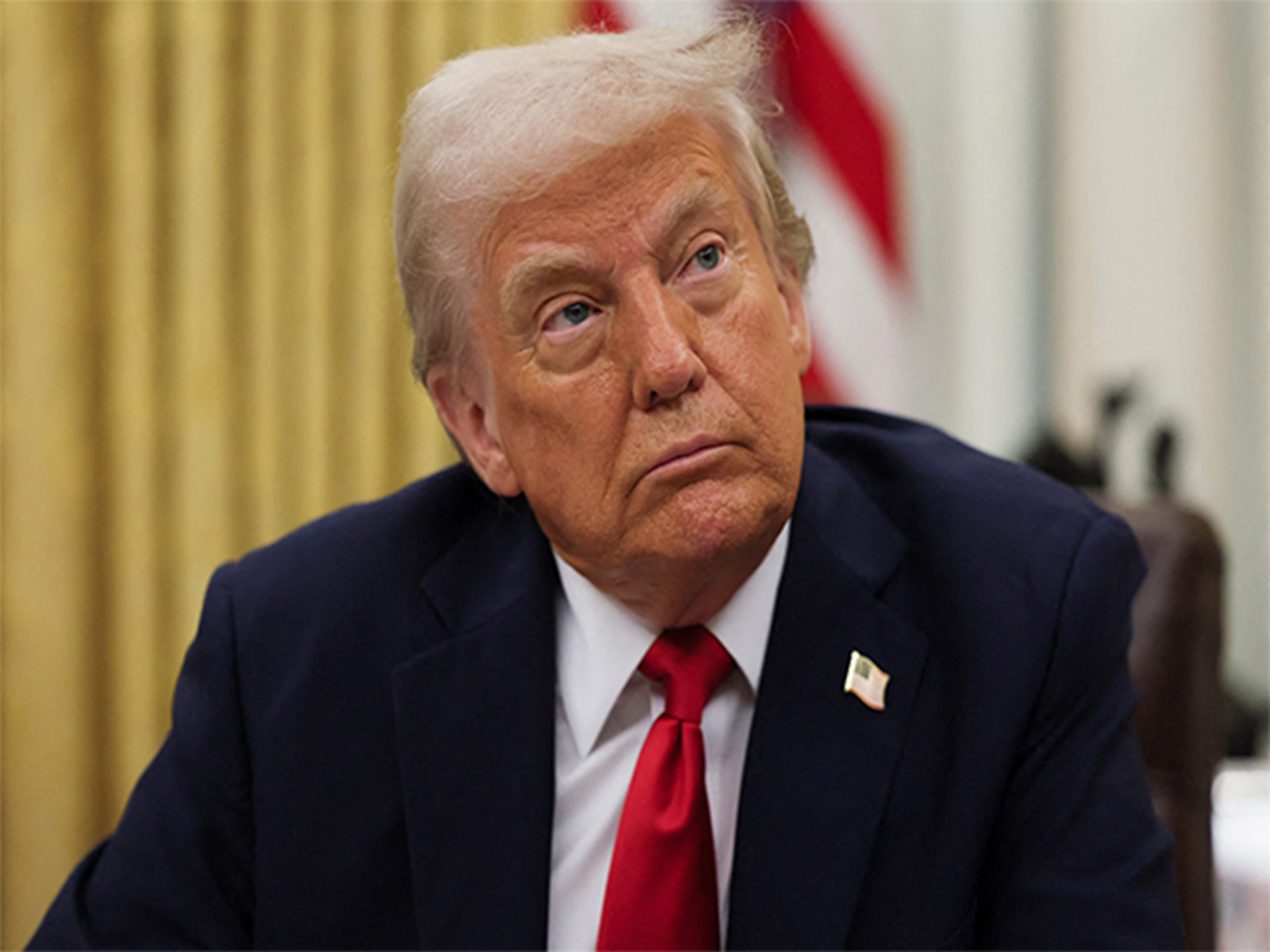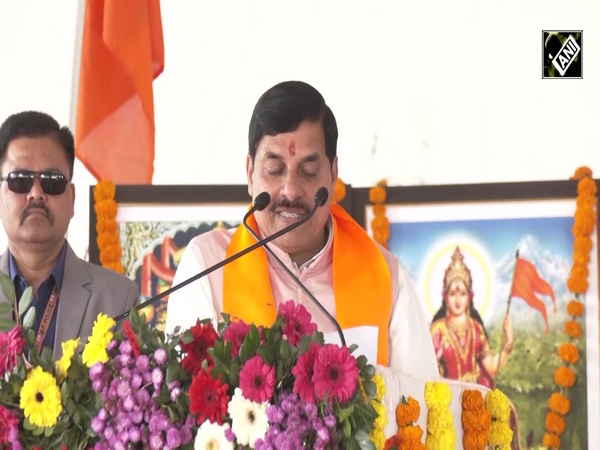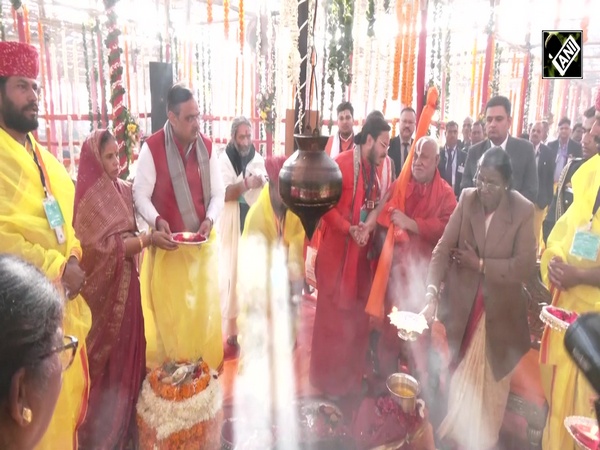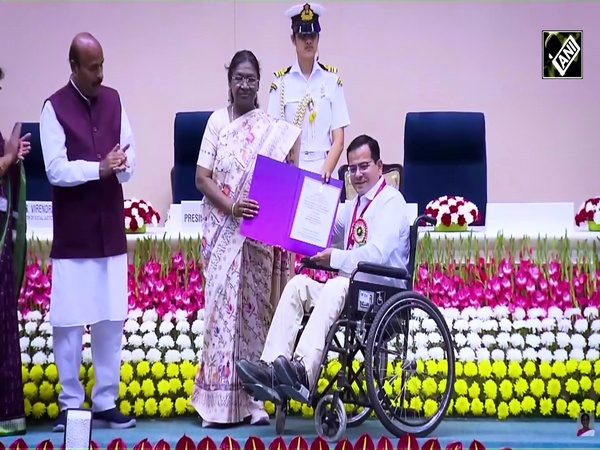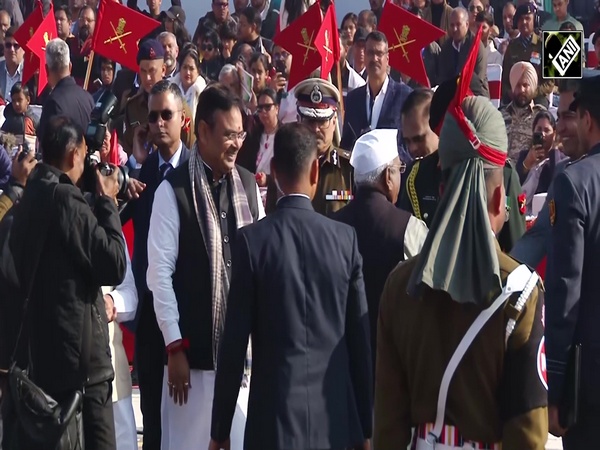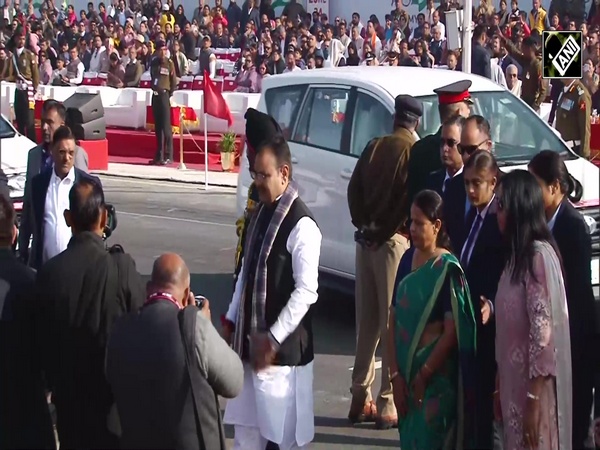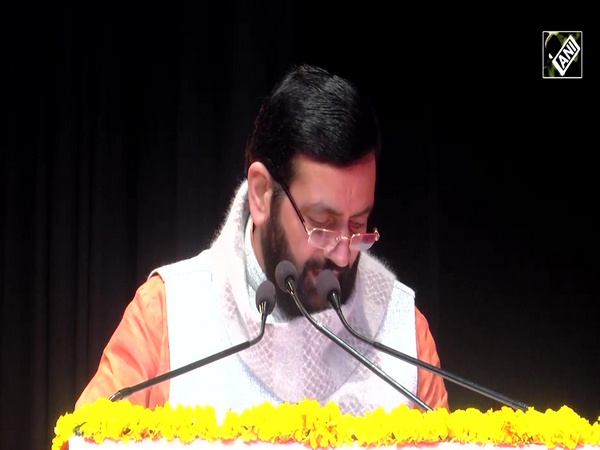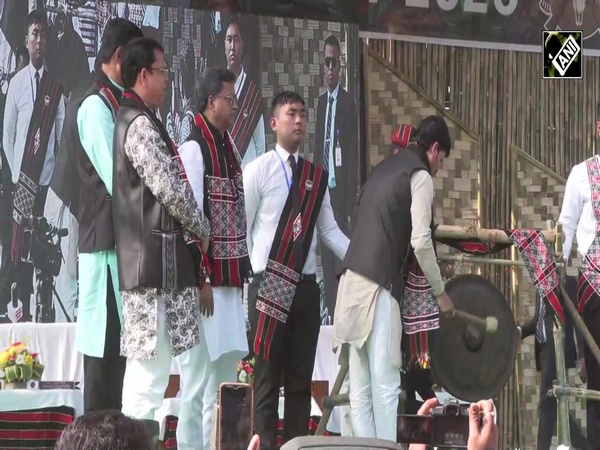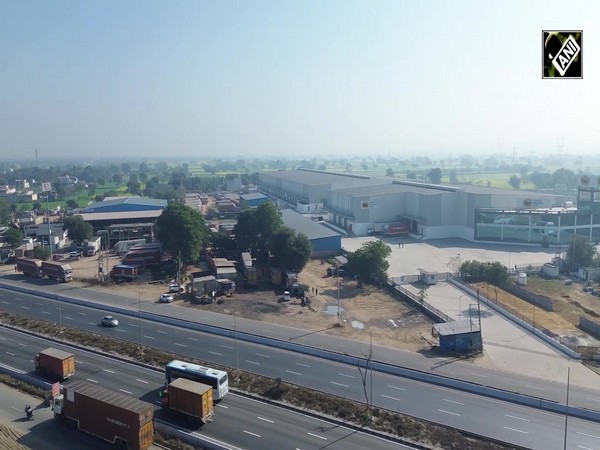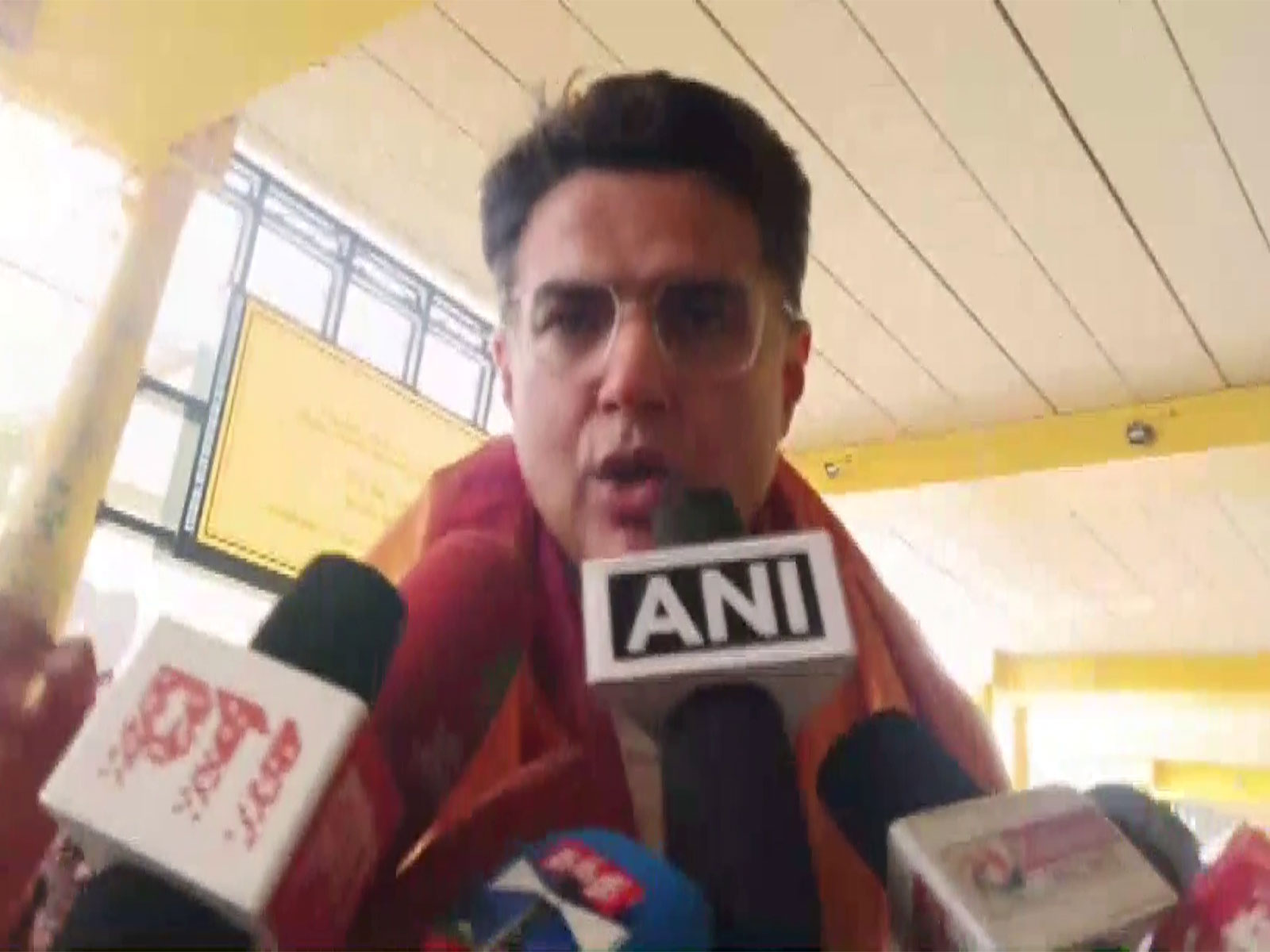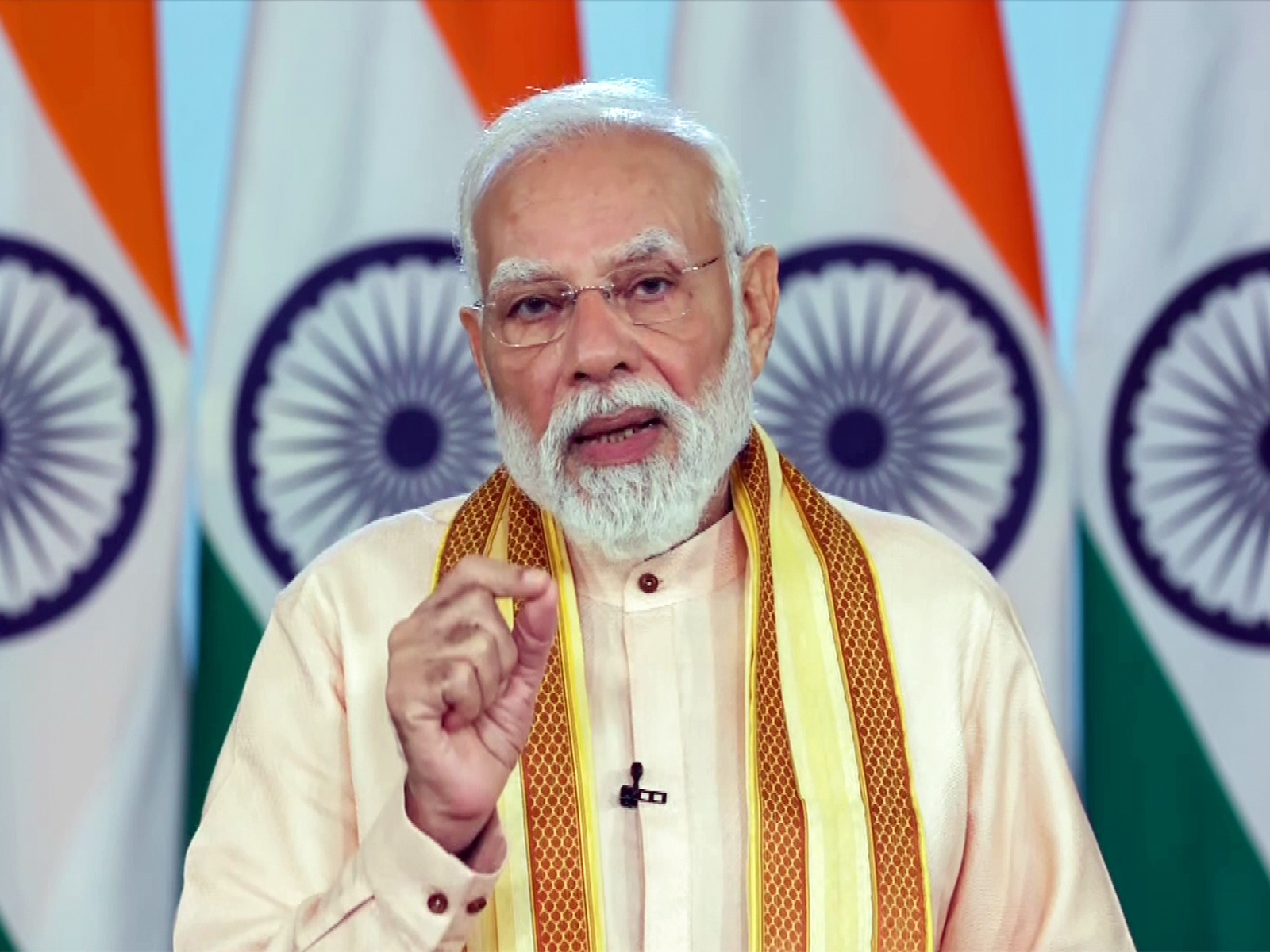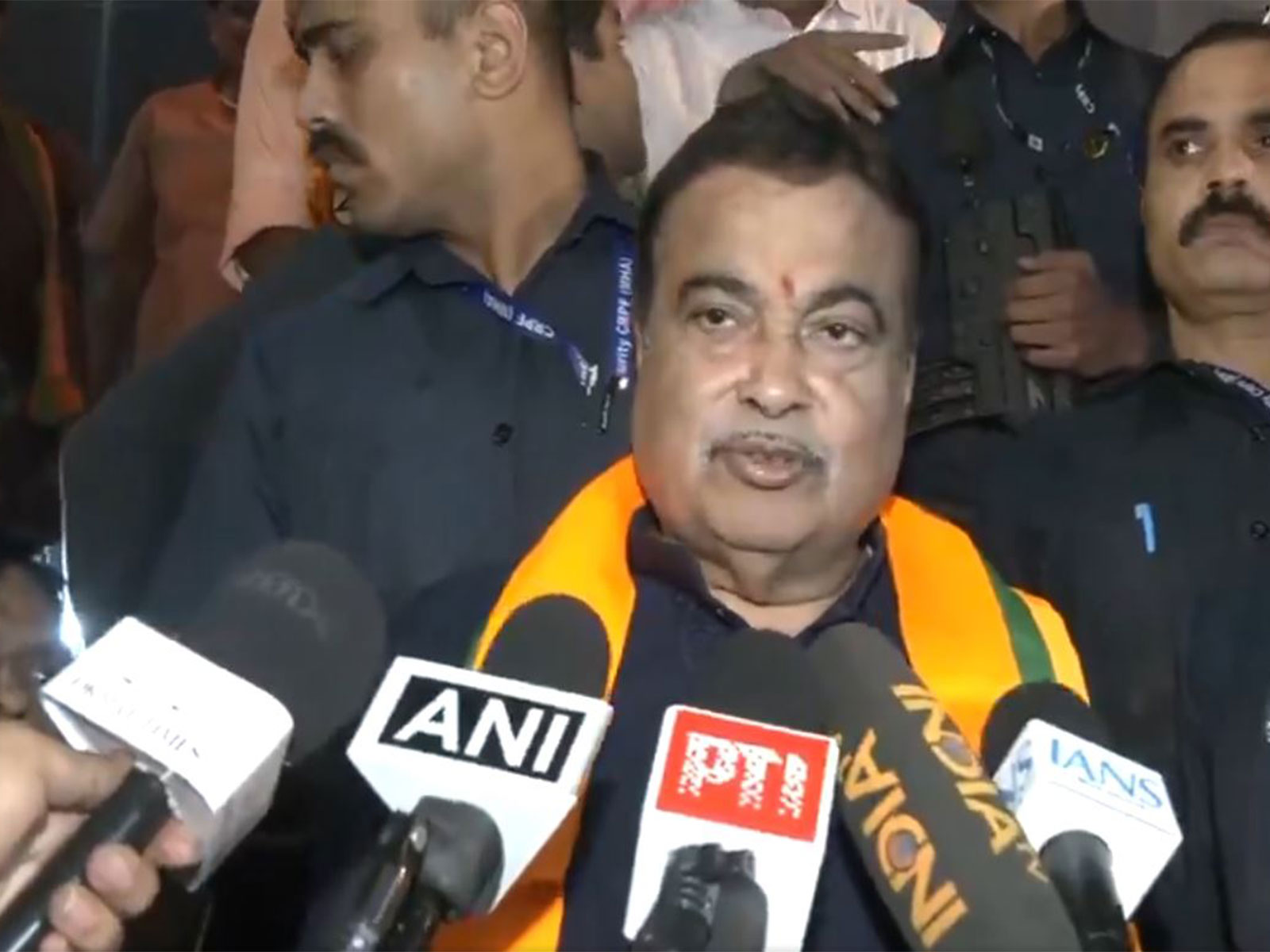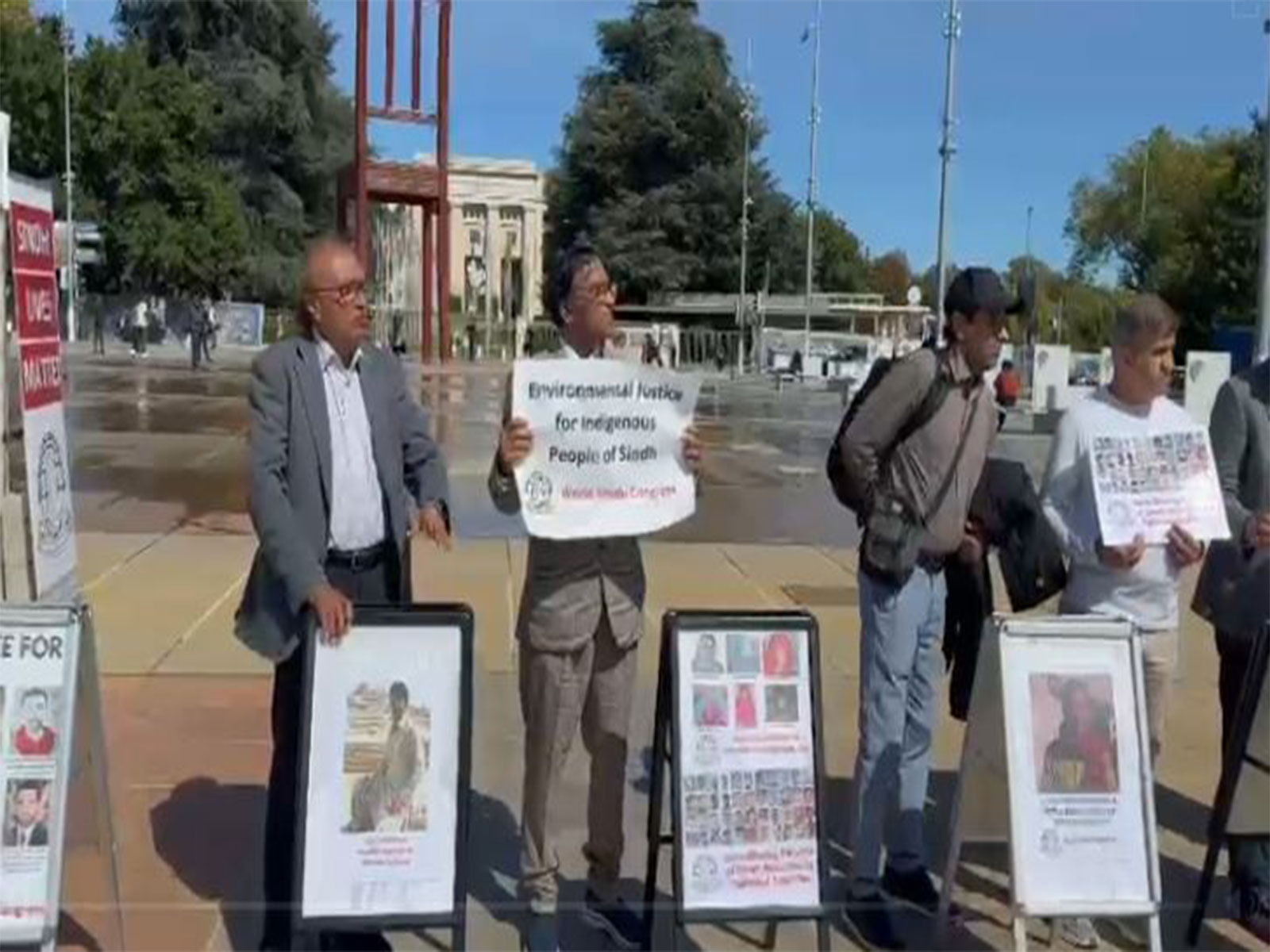
Sindhi activists protest in Geneva against human rights abuses in Pakistan
Sep 18, 2025
Geneva [Switzerland] , September 18 Sindhi activists and members of rights groups staged a protest in front of the United Nations headquarters during the 60th session of the UN Human Rights Council, highlighting what they called systematic abuses and exploitation of Sindhi people by the Pakistani state and its military establishment.
The demonstrations were accompanied by a side event at the International Centre Conference on Sindh and a Sindhi Human Rights Exhibition. Protesters raised concerns over a wide range of issues, including enforced disappearances, extrajudicial killings, land grabbing, forced conversions of Sindhi Hindu girls, and environmental degradation caused by the construction of canals and dams along the Indus River.
The UK and Europe organiser of World Sindhi Congress, Dr Hidayat Bhutto, accused Pakistani security agencies and their proxies of silencing dissent through abductions and intimidation. "Whoever raises the voice of Sindhi people, whoever demands rights, they are kidnapped, disappeared, and sometimes their mutilated bodies are returned," said one activist, stressing the dire need for international attention.
Lakhu Luhana, chairman of World Sindhi Congress, described Pakistan as "an army state run by the army for the army," alleging that the entire governance structure operates with impunity, disregarding human rights and international norms. "It is a rogue state. Literally every human right of Sindhi people is violated openly and with impunity," the activist added, urging the UN and global community to intervene and protect Sindhis from ongoing atrocities.
Writer, lawyer, and political activist Kamran Jatoi, who joined the protest, said the Punjabi-dominated military establishment controls Sindh's natural resources, including land, water, and sea. "Our people are dying of hunger while Punjab takes over our livelihoods. They are planning dams and canals to steal our water. We are being expelled, ignored, and killed for protesting against this, Jatoi said.
He further argued that the imbalance of power amounted to "a violation of human rights," where one nation was exploiting another at gunpoint. According to him, Sindh's jobs and economic opportunities are controlled by the central establishment, leaving Sindhis marginalised and impoverished.
The activists expressed deep disappointment at the global community's inaction, warning that conditions were worsening instead of improving. "We thought there would be better days with international pressure, but atrocities have only become unbearable," Lakhu Luhana stated. The activists appealed to the UN Human Rights Council to take immediate steps to address what they described as systematic oppression and to ensure that the voices of Sindhi people are heard at the international level.
